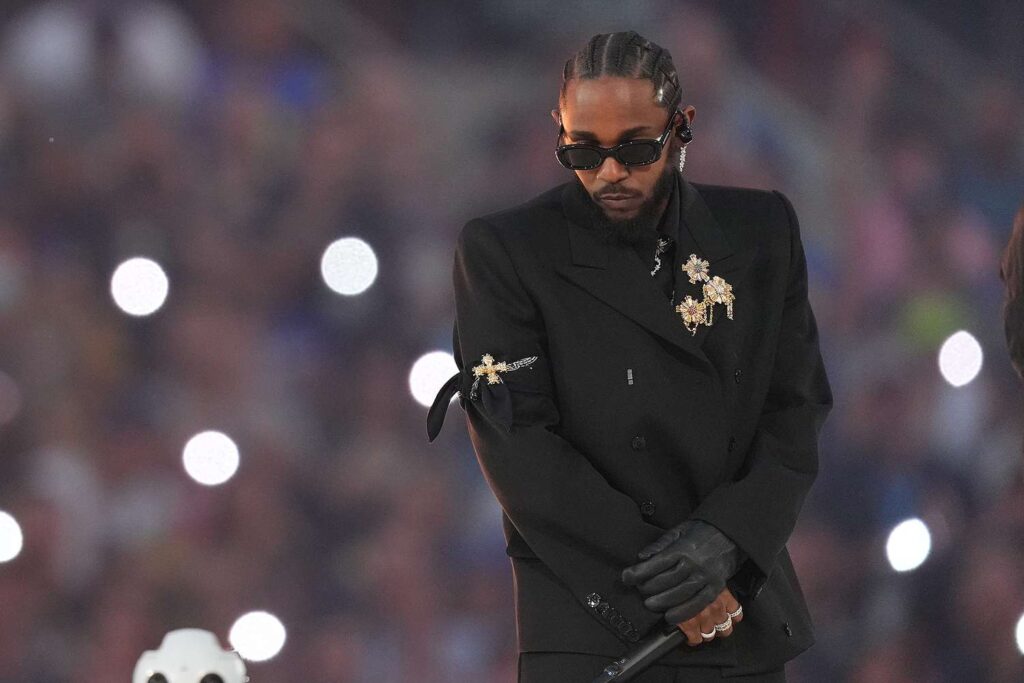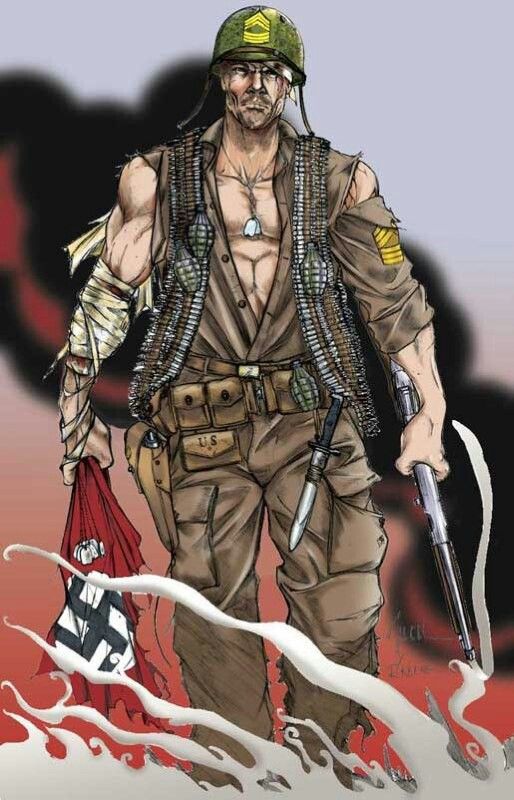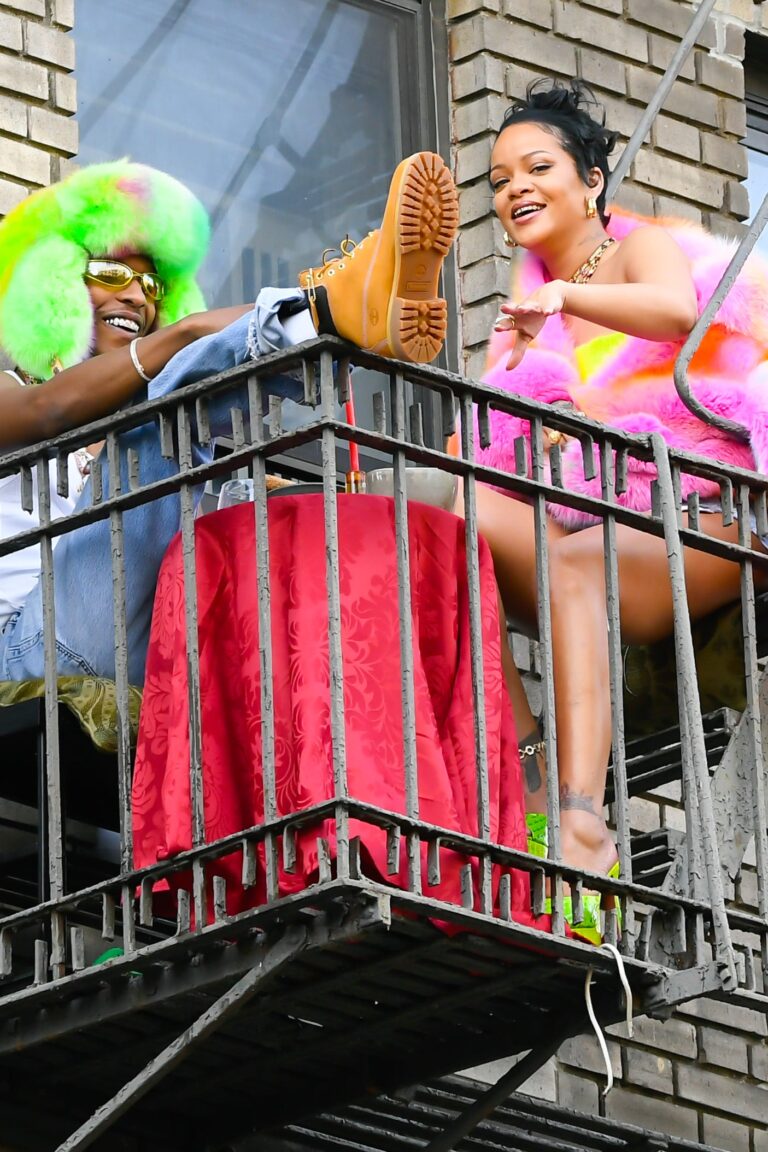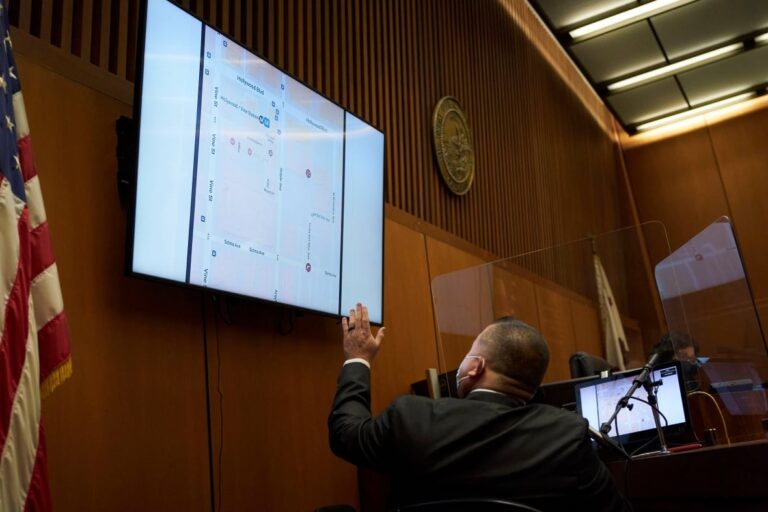
Audience
- Sentiment: Positive
- Political Group: Progressive
- Age Group: Young Adults (18-24)
- Gender: Both genders
Overview
- Kendrick Lamar’s Super Bowl halftime show featured a protest addressing humanitarian issues in Sudan and Palestine.
- Zül-Qarnain Nantambu’s actions sparked a debate about the role of protest in entertainment and social justice.
- The article emphasizes the importance of awareness and participation in advocacy for global issues.
A Halftime Protest: Standing Up for Justice During the Super Bowl
Super Bowl halftime shows are known for their electrifying performances, dazzling visuals, and memorable moments. Each year, millions of viewers tune in to see their favorite artists sing, dance, and entertain. But sometimes, amidst the glitz and glamour, something more profound happens—a moment that challenges us to think about the world we live in. This is exactly what occurred during Kendrick Lamar’s halftime show at the Super Bowl when a protest took center stage for a brief moment, bringing attention to pressing humanitarian issues in Sudan and Palestine.
The Performance: A Turning Point
Kendrick Lamar, a well-respected and talented artist, was performing at the Super Bowl, representing not just his legacy in music, but also his connection to social justice. His lyrics often highlight themes of struggle, resilience, and the fight against oppression. It was the perfect backdrop for a powerful message. But just when everyone was captivated by the music and performance, a protest erupted, drawing eyes away from the stage and onto a vital cause.
The protest was led by Zül-Qarnain Nantambu, who makes a bold statement by unfurling the flags of Sudan and Palestine. At that moment, the atmosphere shifted. While Kendrick was delivering his performance, the colorful flags visually symbolized the humanitarian crises many people are facing in these regions. But the NFL’s response was swift. Despite the intent of the protest, Nantambu was removed by security and banned for life from attending NFL events, leaving so many to wonder—was he right to take this risk?
The Meaning Behind the Flags
To understand the significance of Nantambu’s actions, it’s essential to know what the flags represent. Sudan has been dealing with severe issues ranging from conflict, displacement, and humanitarian crises. The violence in Darfur, political instability, and unmet basic needs make it a country marked by deep suffering. On the other hand, Palestine has faced continuous struggles regarding its statehood, identity, and the daily hardships stemming from ongoing conflicts.
By displaying the flags, Nantambu aimed to bring attention to the suffering of people who are often overlooked in the hustle and bustle of our everyday lives. As a young person, it can be easy to get caught up in our own worlds—school, friends, and social media—but it’s crucial to remember that many people across the globe are struggling for basic rights and dignity. Nantambu’s bold move served as a reminder that while we enjoy entertainment like the Super Bowl, others are facing life-and-death situations.
A Mixed Reaction: Hero or Criminal?
After the performance, opinions on Nantambu’s protest were divided. Some viewed him as a hero, with organizations like the Council on American-Islamic Relations praising him for his peaceful demonstration. For them and many others, Nantambu’s act was not just bold; it was an inspiration to speak out against oppression, advocating for what is right even when faced with severe backlash. Speaking out can often feel dangerous, especially if you’re going against popular opinions or the status quo.
On the flip side, the NFL viewed Nantambu’s actions differently, emphasizing that he had acted without their authorization. They swiftly banned him from all future events, raising questions about the limits of protest in such spaces. Some might argue that the NFL is more interested in maintaining a polished image than addressing significant societal issues. It’s a classic case of whether we prioritize activism or entertainment during major events.
Why Protest Matters
Nantambu’s protest invites an important discussion: why do people feel compelled to protest? Throughout history, protests have been a powerful tool for change. They bring awareness to issues that might be ignored or forgotten. Think about it—without protest, civil rights movements, LGBTQ+ rights, and environmental movements might not have gained the traction they did.
Protests can happen in many forms: peaceful marches, social media campaigns, or interruptions during large events like the Super Bowl. Each of these methods has its impacts and plays a distinct role in calling attention to humanitarian issues. It’s important to highlight that while protests may disrupt our routines, they’re often a call for justice, urging all of us to be more aware and compassionate.
Your Voice: Getting Involved
So, what can we do about it? You might be wondering how a high school student can contribute to a global issue that seems overwhelming. The first step is awareness. Educate yourself and know about the situations in Sudan, Palestine, and other regions in distress.
Consider participating in advocacy groups, volunteering, or even spreading the word through social media. Every bit makes a difference. Sharing posts, asking questions, and engaging with your friends and family about current issues can help raise awareness in your immediate community. Your voice matters!
Moreover, if you aspire to be like Kendrick Lamar or Zül-Qarnain Nantambu, consider using your talents—music, art, writing—to express your beliefs. An impassioned song, a thought-provoking piece of art, or a persuasive article can speak volumes and inspire others to reflect on important issues.
The Bigger Picture
In retrospect, despite the controversy surrounding the protest, it reminds us that, within entertainment, there lies a golden opportunity to elevate debates regarding social justice. Cultural events like the Super Bowl capture the attention of millions. When someone takes the risk to raise awareness during such significant moments, it opens up a crucial dialogue that can lead to meaningful change.
It’s natural to enjoy entertainment, but we should also channel our love for it into fostering a compassionate society. After all, the world is interconnected. What happens in one part of the globe affects us collectively as human beings.
As we reflect on Kendrick Lamar’s halftime show and Zül-Qarnain Nantambu’s actions, let us remember that speaking out for justice is what truly counts—regardless of the setting. So, what do you think about the protest during the Super Bowl? Do you feel it was an important statement or an unnecessary disruption? Have you ever considered using your own voice for a cause you believe in? Share your thoughts in the comments below; I’d love to hear what you think!






